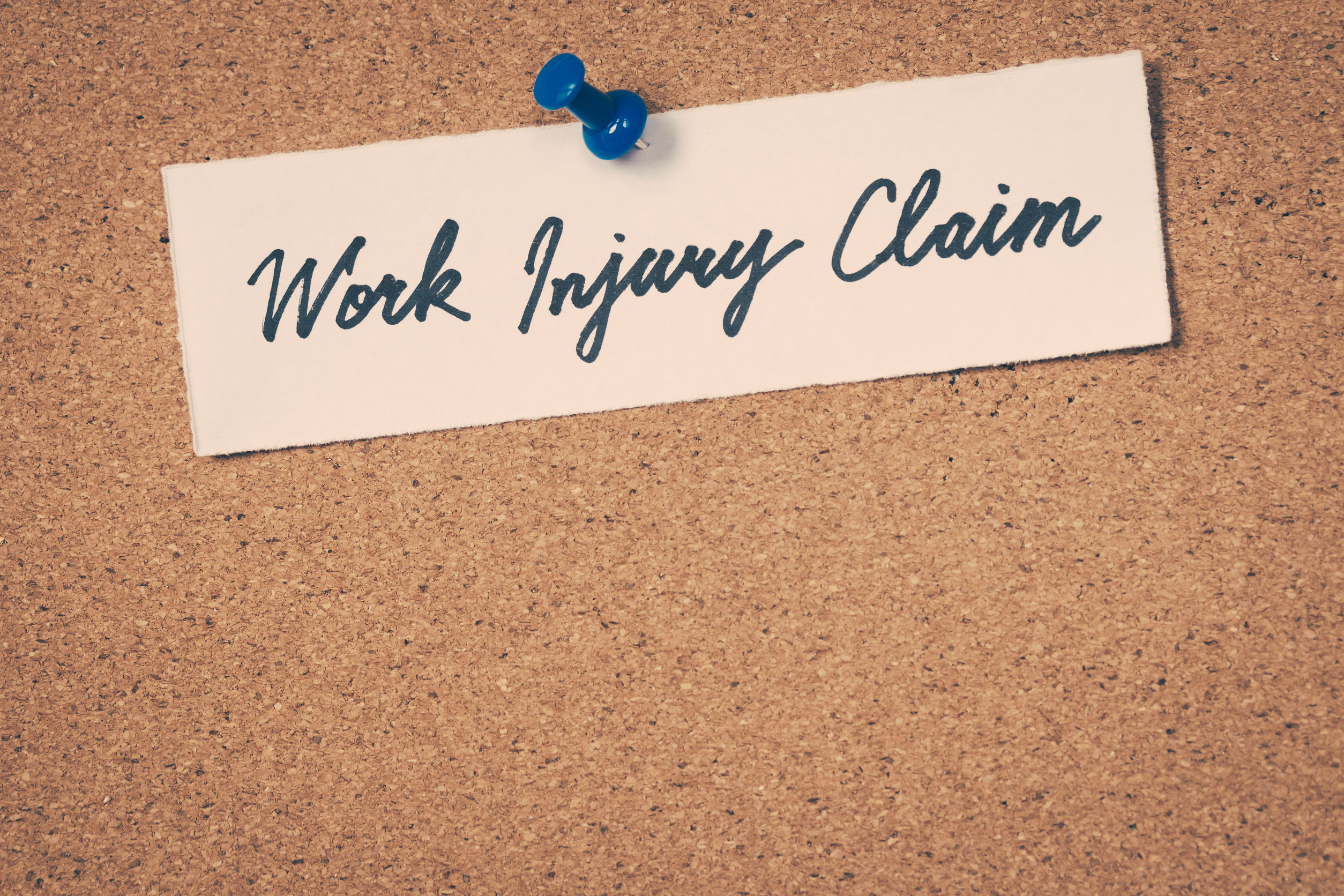
WV Workers’ Compensation Rate Changes Highlight Progress
In July of 2022, the National Council on Compensation Insurance (NCCI) and West Virginia (WV) Governor Jim Justice announced that workers’ compensation rates for employers in the Mountain State would decrease for the 18th year in a row on November 1, 2022. These WV workers’ compensation rate changes reflect the work and advocacy of many committed individuals and groups in WV that have taken some of the steps necessary to rein in costs and create a more manageable system for covering employee injuries while addressing abuse and other issues that bogged the system down for many years.

Legislation Affecting Coal Operators: The Inflation Reduction Act
With inflation reaching levels not seen in decades, the entire country feels a financial squeeze. In an effort to stabilize the economy, the federal government created the Inflation Reduction Act (IRA) of 2022. The act has important implications that West Virginia (WV) businesses should review. More specifically, staying informed about and understanding legislation affecting coal operators, as this act does, is essential to stakeholders in WV’s energy industry.

How to Self-Insure against Black Lung Claims
As a coal operator, you understand the risks and challenges posed by black lung claims filed by current and former workers. Managing and estimating black lung liabilities can be arduous, and it is important to know what options companies have to protect themselves and cover the cost of claims. Understanding how to self-insure against black lung claims is critical in deciding whether to purchase black lung insurance from a provider or self-insure.

Employers’ WV Temporary Total Disability Questions Answered
Employers served by the workers’ compensation defense team at Jenkins Fenstermaker, PLLC often have questions about WV temporary total disability (TTD) benefits, including acceptable reasons for stopping WV TTD benefits, when reopening a workers’ compensation claim for TTD benefits is permitted, and more. In this second blog in a series of two, we answer some of the frequently asked questions we receive regarding TTD benefits in West Virginia.

What You Need to Know About WV Commercial Real Estate Closing
When you are selling or purchasing commercial property in West Virginia (WV), it’s critical to know what is involved in the WV commercial real estate closing process. Commercial real estate transactions are often more complicated than residential transactions because they usually involve more parties and different liability concerns, plus there is usually more money at stake.

